Cyprus is an ideal investment destination with a growing property market and a stable economy
Greece offers unique conditions for buying property by the sea, as well as favourable tax incentives
In Cyprus you will find comfortable living conditions and favourable holiday accommodation. Don't miss the chance
In Greece you can buy both luxurious villas and cosy flats with beautiful views
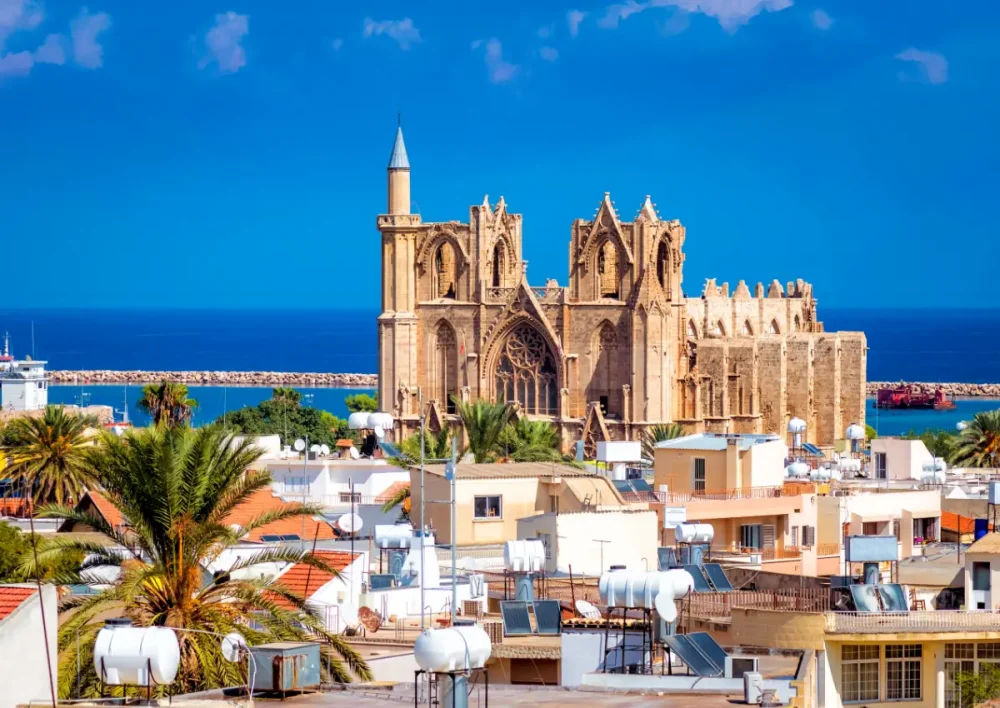
Naturalized citizenship provides access to social guarantees, voting rights, freedom of movement, and new economic opportunities. This is not a random status, but the result of consistent fulfillment of the requirements laid down in the legislation of a particular country. Unlike birthright, this path requires proven loyalty, a real contribution to society, knowledge of local …

Both countries are under the sun, people in them speak Greek, and the states offer residence permits. But once you delve deeper, the differences will begin to show. The decision to choose Cyprus or Greece for life does not depend on the taste for feta or beaches. It requires calculating costs, statuses, taxes, infrastructure accounting, …
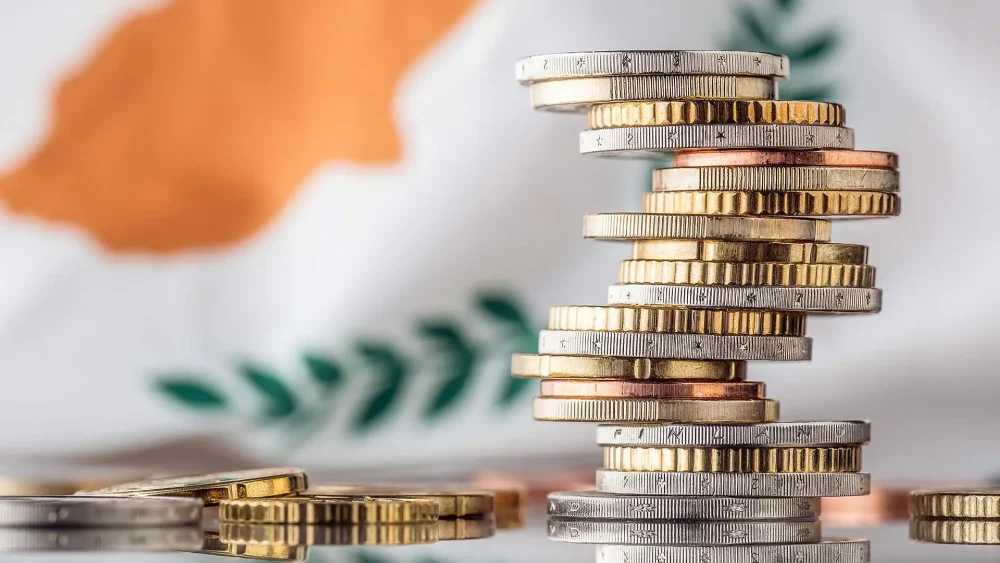
In a world of global financial flows, square metres abroad remain a reliable support for the formation and strengthening of personal capital. The benefits of investing in overseas commercial property reveal not only the benefits of current yields, but also strategic sustainability in the long term. Stable passive income against the backdrop of global risks: …
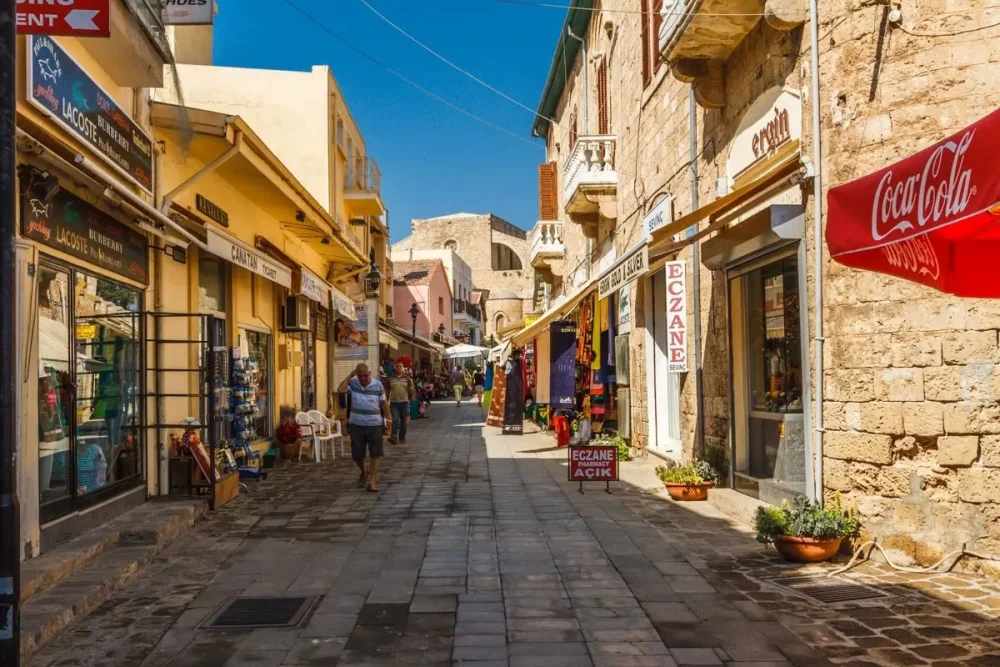
Sunny Cyprus attracts Russians with its mild climate, high level of security and the opportunity to enjoy the Mediterranean lifestyle. Like everywhere else, staying on the island has its own peculiarities, advantages and disadvantages. What awaits those who are planning to move? Let’s answer in the article. The advantages of living in Cyprus The island …
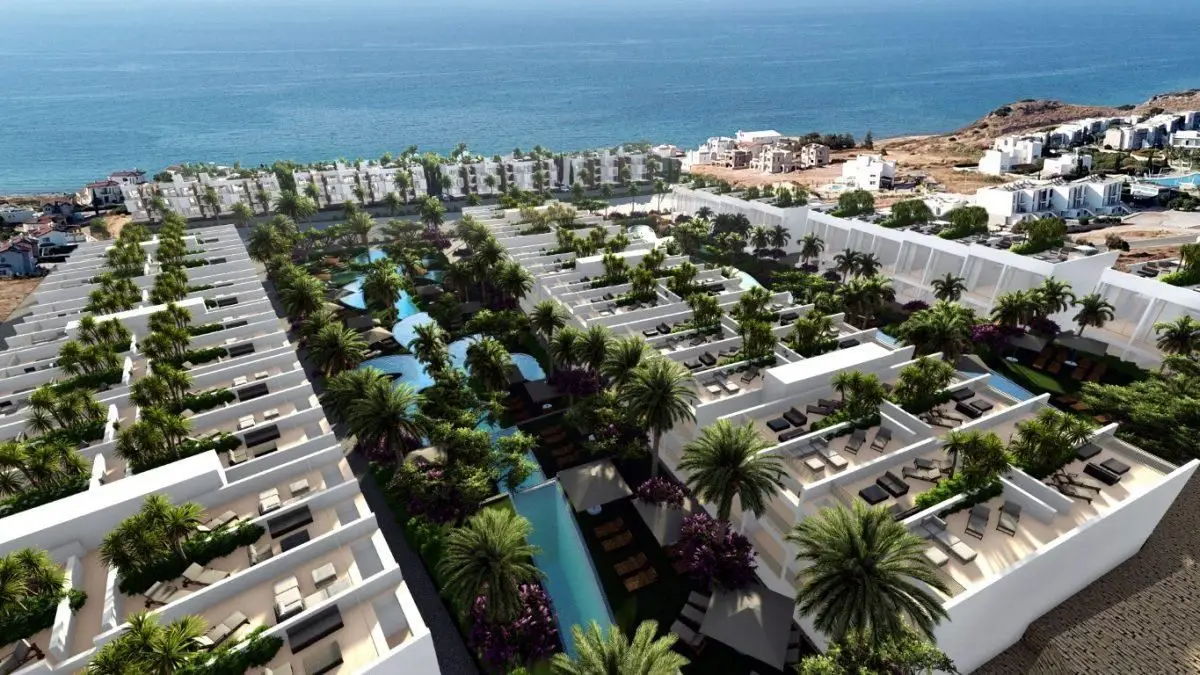
Obtaining a Cyprus residence permit for property investment has become one of the most popular ways to ensure security, quality of life and access to Europe for yourself and your family. Among the key advantages of the programme are the minimum investment amount, fast processing of applications and the unique opportunities offered by the Cypriot …
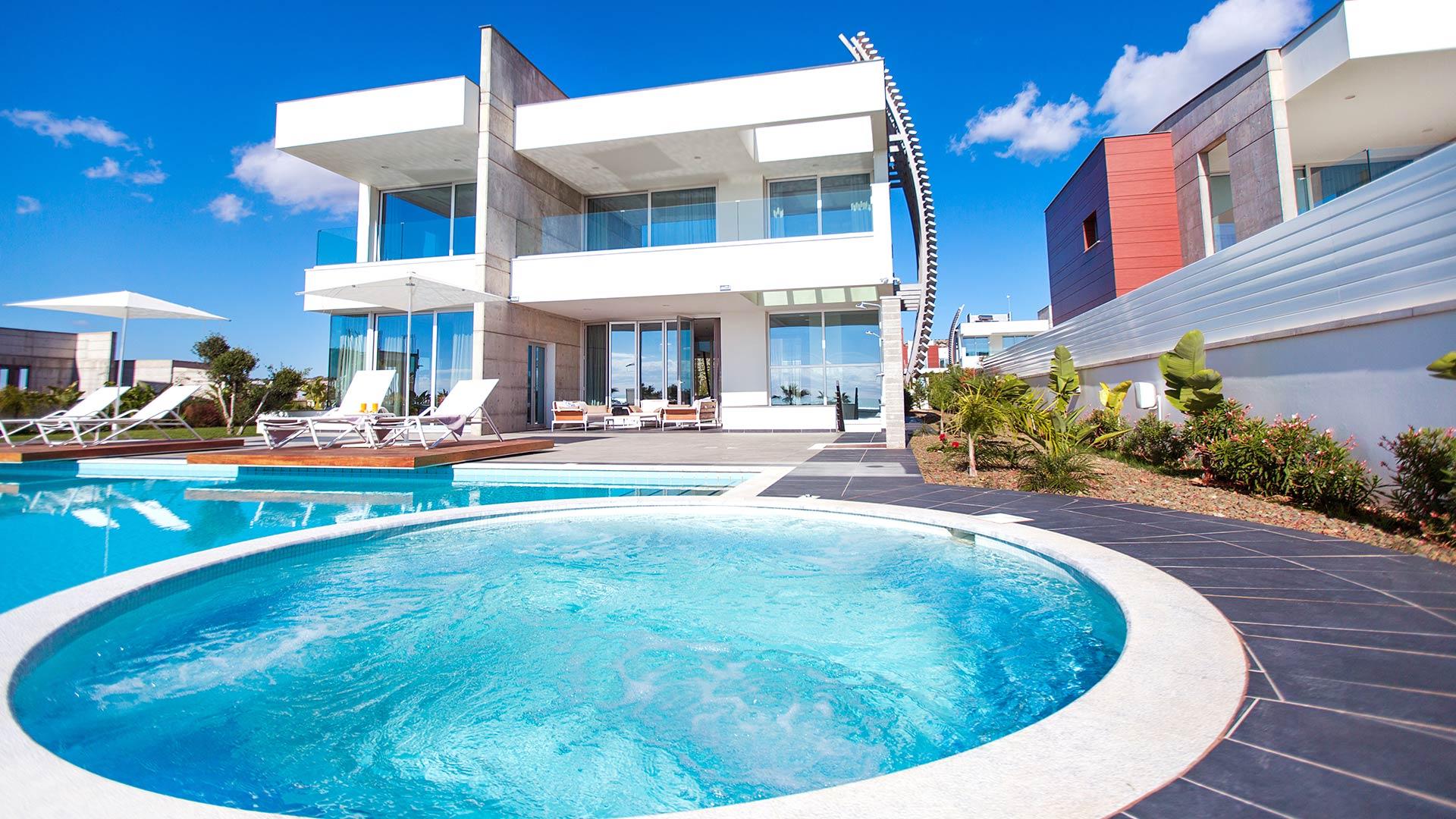
Property in Cyprus offers great opportunities for those looking for a secure investment or planning a move to Europe. Average house prices range from €100,000 for apartments in Larnaca to €1,000,000 for premium villas in Paphos. Why many people consider the island an ideal place for long-term investments – we will tell you in the …
Convenience of living in the centre of the Mediterranean
High demand for property and stability
The mild climate makes it possible to enjoy year-round holidays
Historical heritage as well as cultural diversity
Property in Cyprus and Greece is a chance to become part of the picturesque corners of the Mediterranean. These countries offer not only comfortable living conditions, but also lucrative investments in growing markets. The charming climate, rich culture and stable economy make these destinations particularly attractive for those who dream of owning their own home by the sea or a profitable property to rent out
